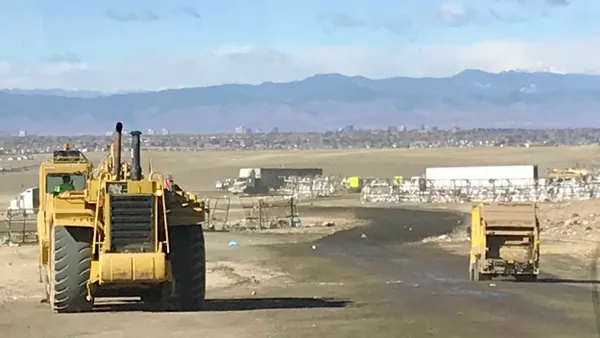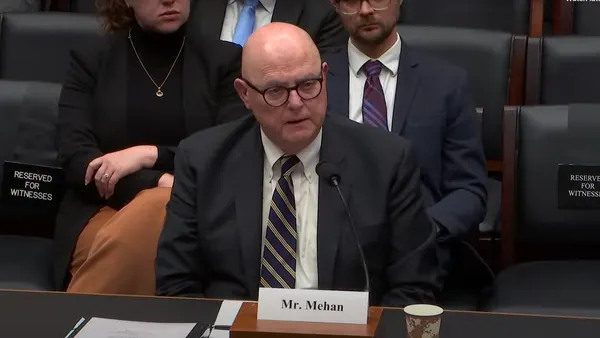UPDATE: 47 Energy Recovery Operations employees will lose their jobs on Thursday as the Harford County waste-to-energy plant in Joppa, MD closes. Many of the employees — some who have been working at the plant for nearly 30 years — do not have jobs to fall back on.
"This is all Energy Recovery does, so we don't have any other place to put people, so their jobs will be ending," said company President Jeffrey Poulton to The Baltimore Sun.
Poulton explained that many employees will be retained after Thursday to assist with the four-to-six week decommissioning and cleanup process, however a range of emotions are making the expected transition difficult.
"It'll be the first time I've ever collected unemployment in my life ... We're just going to be applying for financial assistance right now," said Rosalind Isella, one of the plant's administrative assistants who has two teenagers, to the Sun. "I might even be going back to school."
Site Operations Supervisor Richard Charles told the Sun that, while he doesn't have another job lined up, he'd like to stay in the waste-to-energy field. "Part of me really wants to stay in this industry because you see the positive impact that reducing waste has," he said.
Dive Brief:
- Harford County, MD's 30-year-old waste-to-energy facility, which burned trash to generate steam and heat, is shutting down March 17 at a cost of $311,538 paid to its operator, Northeast Maryland Waste Disposal Authority. The Authority will decommission and clean out the incinerator, which it leased from the Army.
- The Army discontinued the lease agreement for a deal with a private contractor, which will build a facility that uses natural gas to generate electricity, according to the Baltimore Sun.
- The trash that would have been burned at the Harford site will now go to a new Baltimore County transfer facility in White Marsh, which will take in most of Harford's trash — about 130,000 tons a year — under an agreement between the counties. Baltimore will be charged with disposal, either through a Cockeysville recycling center or landfills, among locations under consideration. Harford is providing what the Baltimore Sun called a "significant share" of the funding for construction of the transfer facility.
Dive Insight:
As the relationship with the Army ends, that military branch, Harford County, and Baltimore each will continue on new courses with anticipated benefits.
Harford decided sending its trash to the slated Baltimore County transfer station would be more efficient from an operational and cost perspective than figuring out on its own what to do with its waste. Meanwhile, the Army will move forward with the new cogeneration power plant, and anticipates the new system will meet 80% of energy needs for the installation's Edgewood Area. The Army also anticipates the plant will help meet goals outlined in the Army’s Net Zero Energy Initiative.








